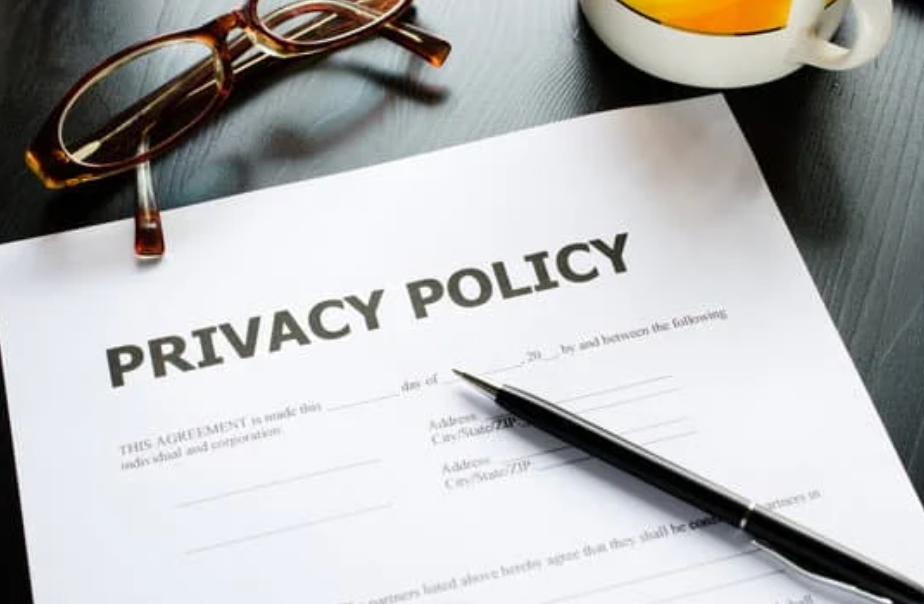As we turn the page on 2021 and embark on 2022, many are hopeful that this year we will finally return to normalcy. But as Omicron surges across the nation at record breaking-rates, Americans have become tired and weary of what has seemed like a never-ending pandemic.
Government officials, hospitals, physicians, healthcare workers and employers have pleaded with Americans to protect themselves and others through vaccinations, boosters, social distancing and masking. With all of the vaccination and mask mandates sparking controversy, there has been a degree of confusion regarding privacy rights and HIPAA when it comes to vaccination status.
In fact, over the past year, a number of individuals in the media and public eye have misquoted HIPAA law and rights to privacy regarding their COVID-19 vaccination status. Many organizations have also raised concerns about whether or not they can legally ask employees to provide proof of being vaccinated against COVID-19 or whether it is a violation of HIPAA. Although the HIPAA law has been around for a long time, it is often misunderstood.
A recent article in the HIPAA journal clarifies HIPAA and privacy rights regarding COVID-19 vaccinations, including commonly asked questions. We have highlighted some of the key points below:
What is HIPAA?
According to the Centers for Disease Control and Prevention (CDC), the Health Insurance Portability and Accountability Act of 1996 (HIPAA) is a federal law that requires the creation of national standards to protect sensitive patient health information from being disclosed without the patient’s consent or knowledge.
Below are some common questions when it comes to HIPAA and COVID-19 Vaccines:
1. Does HIPAA Protect Vaccination Status?
Yes. Vaccination information is considered personal health information (PHI) and is covered by the HIPAA. However, HIPAA only applies to Covered Entities including, Healthcare Providers, Health Plans, Health Clearinghouses and Business Associates. Organizations that are not covered entities may be subject to other federal or state laws, but not HIPAA.
2. Is it a HIPAA Violation to Ask Someone About Their COVID-19 Vaccination status?
No. It is not a HIPAA violation to ask someone about their COVID-19 vaccination status. HIPAA law does not prevent or protect someone from answering questions regarding their vaccination status.
3. Can an Employer Ask for an Employee’s Vaccination Status or Ask for Proof of Vaccination?
Yes. The Occupational Safety and Health Act of 1970 (OSHA), employers have a duty of care to provide a safe workplace for employees. Therefore, an employer can ask for proof of vaccination against COVID-19.
4. If an Individual Discloses their Vaccination Status, do they Forgo HIPAA Protections?
No. If an individual voluntarily discloses their vaccination status to a HIPAA Covered Entity or Business Associate, the information is protected under the HIPAA. However, if an individual discloses their vaccination status to an entity not covered by HIPAA, the disclosure is not subject to HIPAA Rules.
5. Can an Employee Refuse to Tell their Employer about their Vaccine Status?
Under HIPAA (but not all state laws), employers may ask employees about their vaccine status, but employees are not required to provide that information to their employer. However, there could be consequences for failing to provide that information to an employer.
6. Can Employers Require Employees to be Vaccinated?
Many U.S. employers have implemented policies that require their workers to be vaccinated against COVID-19, including healthcare systems and hospitals. According to guidance from the Equal Employment Opportunity Commission (EEOC), a mandatory vaccination program is not prohibited under federal anti-discrimination laws but must account for potential accommodation obligations and other legal nuances.
7. Can an Employee be Terminated for Refusing to get the COVID-19 Vaccine?
Yes. It is possible in some states, but experts expect to see more litigation on this issue as more organizations implement vaccine policies.
HIPAA and OSHA training
Both HIPAA and OSHA training is essential to protecting personal health information and ensuring safe and healthy working conditions for employees and patients.
If your organization has questions regarding HIPAA and OSHA guidelines or training contact the experts at MedSafe. MedSafe is the leading one-stop resource in providing compliance training in the United States. We offer a wide variety of online training courses including:
· OSHA Safety
· Corporate Compliance
· HIPAA
· Billing Compliance
· Harassment and Discrimination in the Workplace
Contact us today for a free virtual training consultation!
Toll-free: (888) MED-SAFE



